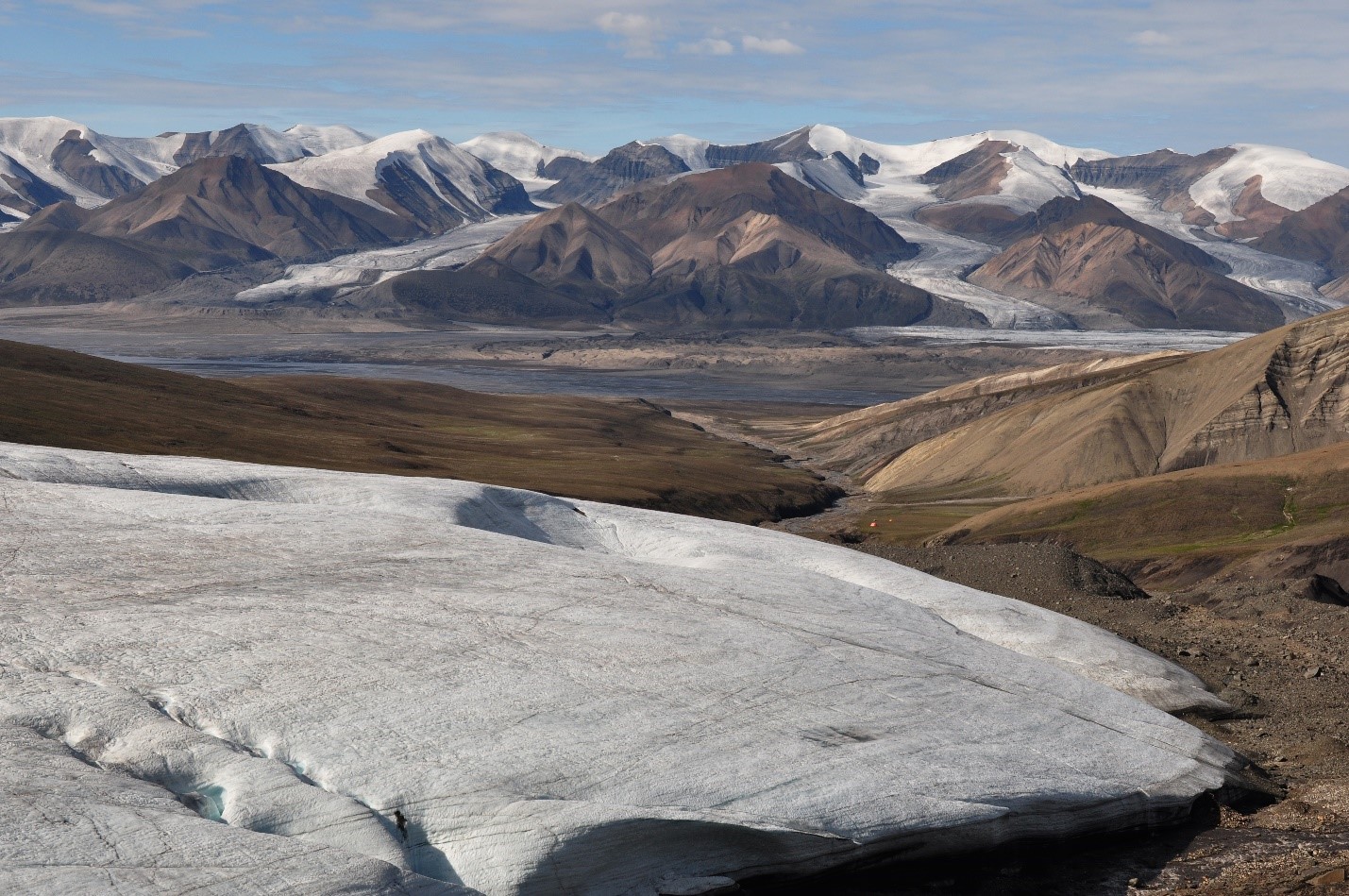 UNESCO International Geodiversity Day
UNESCO International Geodiversity Day
Celebrating Geodiversity; the critical foundation for diverse ecosystems on a changing planet.
A symposium to celebrate UNESCO International Geodiversity Day!

This event is co-hosted by the Carleton University Department of Earth Sciences, and the Canada Science and Technology Museum's Curiosity on Stage.
October 6th, 2022 has been designated the first annual UNESCO International Geodiversity Day, as declared at the November 2021 UNESCO General Assembly. To commemorate this important occasion in Ottawa, Carleton University Earth Sciences in partnership with Curiosity on Stage, Canada Science and Technology Museum presents "Celebrating Geodiversity; the critical foundation for diverse ecosystems on a changing planet".
This symposium will feature a keynote address by Dr. Claudia Schröder-Adams, entitled "Remarkable Earth and Ecosystem Changes in the Canadian Arctic Through Deep Time", to be followed by a panel discussion that explores the concept of Geodiversity. Panelists with expertise in biodiversity, soils, local ecosystems and our water and mineral resources will help us make connections between Canada's remarkable and varied landscapes, ecosystems and human societies.
What is Geodiversity? Geodiversity refers to the abiotic or non-living parts of nature including rocks, sediments, minerals, fossils, soils, landscapes and water systems. It has been called the "silent partner" of biodiversity, because biologically diverse ecosystems rely on a diversity of underlying geological materials from which to source nutrients and other services. Humans too depend on a variety of geological materials to support our societies, from building materials to the resources we need to create clean energy technologies.
Features Talk:
Remarkable Earth and Ecosystem Changes in the Canadian Arctic Through Deep Time
Dr. Claudia Schröder-Adams, Professor Emeritus, Department of Earth Sciences, Carleton University
Earth Scientists look at geodiversity in three dimensions, the spatial diversity of landscapes and how those changed through geological time. Currently, the Canadian Arctic experiences dramatic changes through polar amplification. We will learn about these changes, but also travel back in time to look at an Arctic region that was vastly different than today. We contrast a much warmer Arctic that supported a lush ecosystem with a glaciated landscape that now is under threat. The Arctic with its vast and magnificent exposures gives us insights into ancient ecosystems through its well-exposed rock and fossil content. These provide clues about persistent and catastrophic events before humans evolved, that profoundly changed the Arctic landscape and its inhabitants. The strong connection of geodiversity and biodiversity becomes paramount when deciphering how our planet has transformed and will continue to evolve.